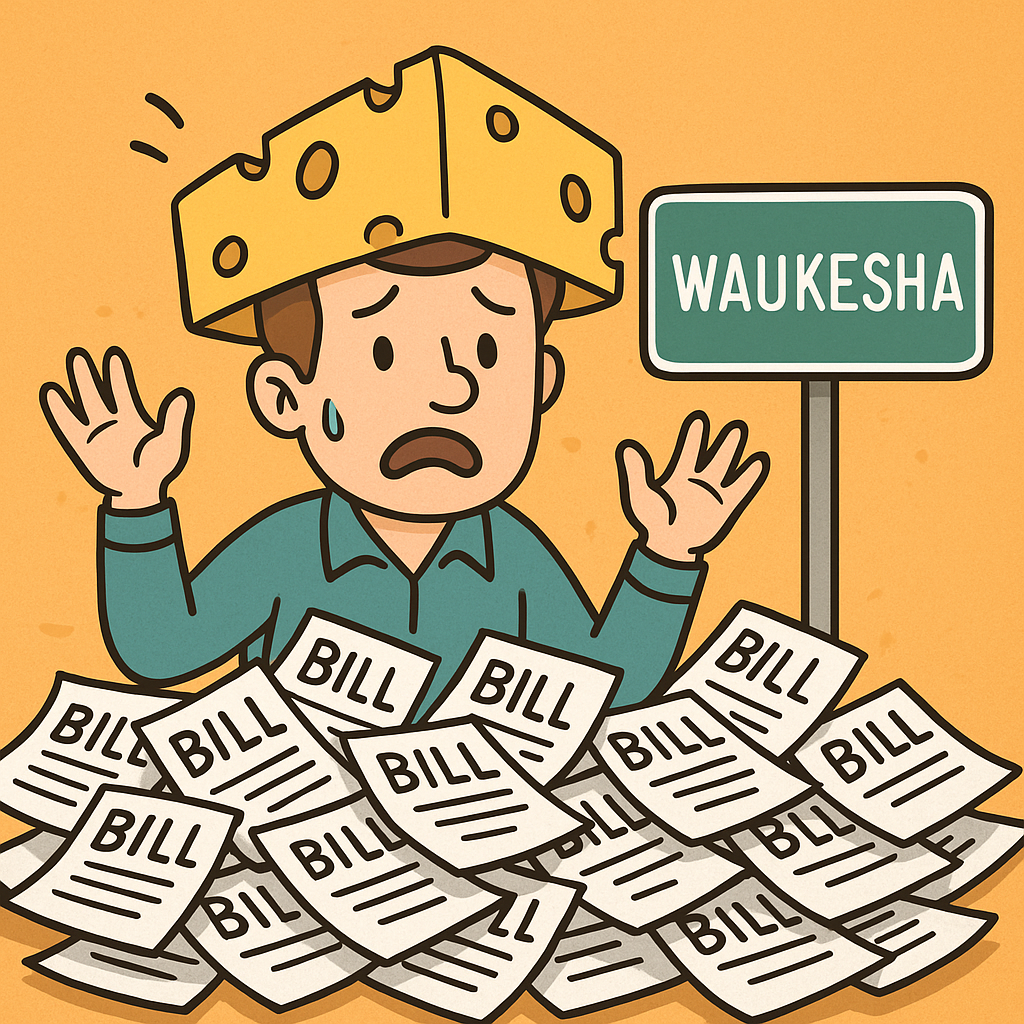
How to “Pass” The Means Test

What is the means test?
The means test is a mathematical calculation used by bankruptcy courts to project a debtor’s annual income by doubling all pay in the past 6 months. Income includes pretty much everything – paychecks, gig work, gifts from family. Here is a list of what is not included:
(1) Social Security
(2) VA connected disability
(3) Business expenses may be used to reduce gross business income
Why does it matter?
“Passing” the means test allows you to file Chapter 7 or determines the length and amount of a Chapter 13 payment. Your projected income is compared against the “median household income” for the district in which you live. You can find those numbers here (hyperlink:https://www.
How do I calculate my means test average?
Add up all income received by calendar month for the 6 months before today. Do NOT count this month. For example, in July, the means test includes all pay 1/1/2024 to 6/30/2024. Do not count any pay 7/1/2024 or beyond until 8/1/2024.
Example:
Brent Berning is a single person living in Milwaukee – a household of one. He made $30,000 between 1/1/2024 to 6/30/2024. On July 1st, he received a bonus for $50,000. Does he pass the means test?
Yes. The median income for one in Milwaukee is $66,106. Brent’s projected annual income is $60,000 ($30,000 x 2). This number is less than the median household of one in Milwaukee, so he passes the means test even though he just received $50,000! Now what he did with $50,000 right before filing bankruptcy may raise other issues!
Still need help? Free means test evaluation for Wisconsin residents from Berning Law, LLC here (link).
What does it mean if I am under the median income?
You qualify to file Chapter 7 or a 3-year Chapter 13 plan.
If I am over the median income level what are my options?
File Chapter 13 or have attorney Brent Berning help you qualify for a 7!
How can I qualify for Chapter 7 if I am over the median income?
There are several ways to qualify Chapter 7 even if you are above the median income level for your household size.
(1) Time the means test.
If your income will go down, wait! Attorney Berning has used this strategy to help teachers pass the means test since they tend to be unemployed in the summer. If a teacher files in September the means test calculates 3/1/2024 – 8/30/2024. So a teacher making $70,000 per year in Milwaukee will pass the means test in September, but not in June.
(2) Qualify for a Chapter 7 if your “bankruptcy deductions” are high enough.
Attorney Brent Berning made up the phrase “bankruptcy deductions” so don’t google it, but the court allows you to deduct National and Local Standards from your median income on forms B122C-2 or B 122A-2, which is “Part II” of the means test. So, you can be above the median and still qualify for Chapter 7 as long as your disposable income is less than $151.25 per month on line 39(c).
(3) Move?
Certain counties and regions have “higher” bankruptcy deductions based on county average costs. Someone in Milwaukee County with the identical income and expenses may not pass the means test, but if you lived across the street to Waukesha then you do. Yes, it’s unfair.
(4) Take credit for all the extra “bankruptcy deductions” you qualify for, such as
(1) child support,
(2) tax debt,
(3) charitable contributions,
(4) term life insurance
(5) Child care expenses
(6) Minor Tuition expenses
(7) Health Insurance, vision, dental
(8) Health Savings Accounts
(9) Dues
(10) Mandatory retirement withdrawals
(11) The administrative cost of filing a chapter 13 (8% of the total payments)
(12) Contractual debt payments on secured creditors
(5) Pass part III of the means test:
If your disposable income is above $151.25 monthly, but less than $252.50 monthly, multiply your total unsecured debt by 25% and divide that by 60. So, if your total debt is $100,000, $25,000 divided by 60 = $416.67 monthly which is greater than $252.50 monthly, so congratulations you pass the means test!
(6) Special circumstances or rebuttals
Part IV of the means test you can explain why even though you do not pass the means test you should be eligible to file a 7. Be careful here as it typically triggers a mandatory review of your case by the United States Trustee’s Office (the watchdog of bankruptcy filings).
Some common examples of special circumstances:
(1) Military deployment
(2) Medical Issues that mitigate income or expenses
(7) Rely on the mercy of the court?
The bankruptcy judge has the discretion to dismiss an over-median case. The language says “may” dismiss, so if you can explain the situation well enough you may be able convince the judge that you should be eligible for a Chapter 7.
Attorney Brent Berning was able to successfully argue that a Debtor who would not have been required to pay back any unsecured creditors in a Chapter 13 ought to be eligible for a Chapter 7.
(8) We don’t need no freakin’ means test!
One of my favorite tools is the non-consumer case. Often people call this a “business” case, but it doesn’t necessarily have to be because you ran a business. If you file a non-consumer case, you do not have to pass the means test! You are exempt. It varies by district, but some examples you can use this for when the majority of your debt is –
(1) Business related debts (entered with a profit motive)
(2) Uninsured accidents;
(3) Student Loans
(4) Taxes
(5) Criminal Restitution

